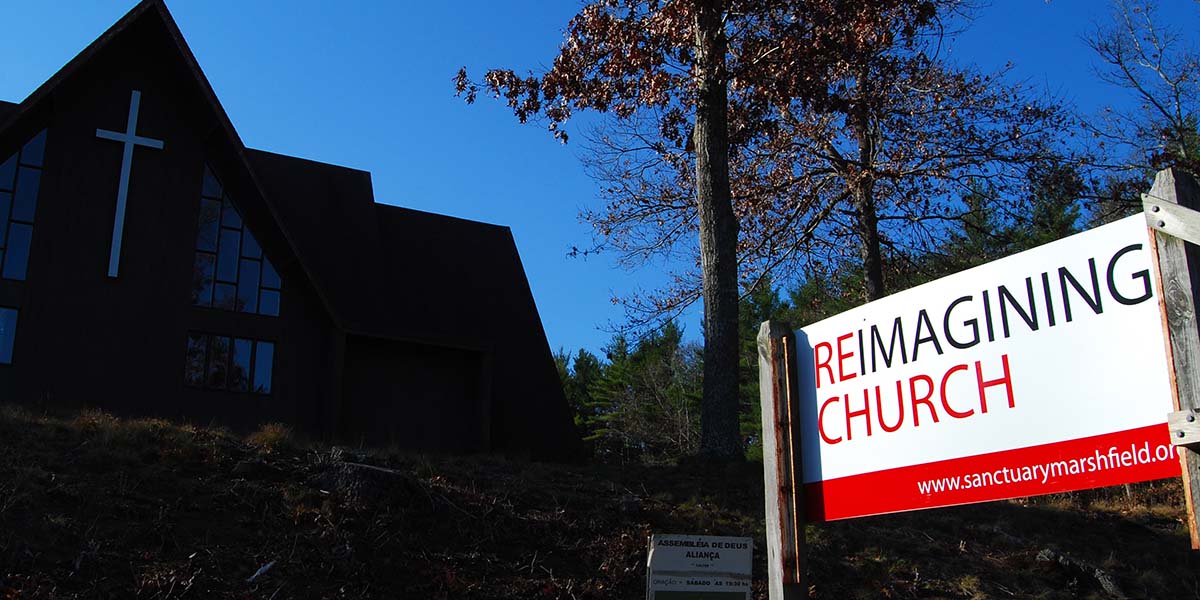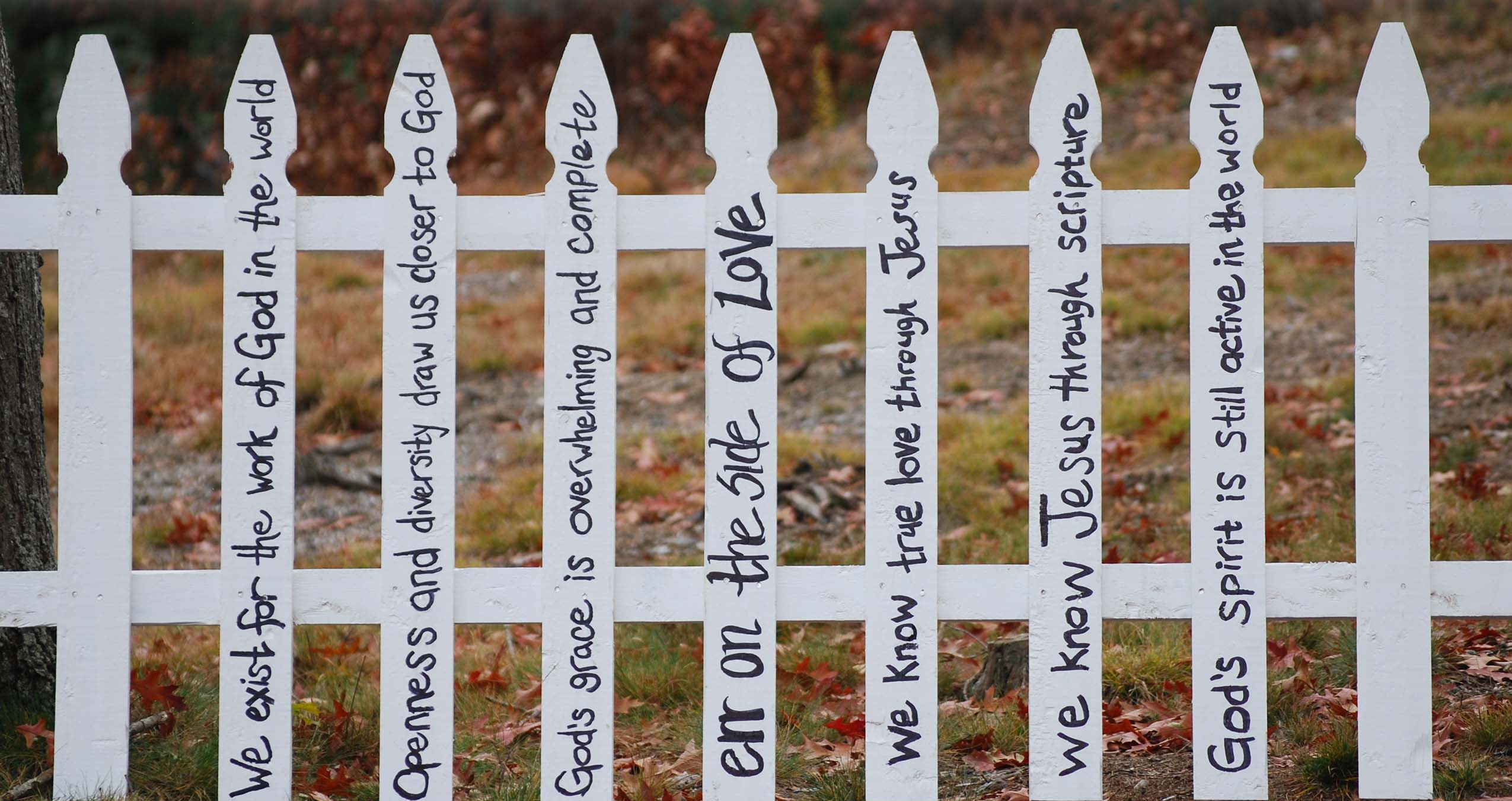Our Story
coffee & collaboration

Two pastors walk into a Starbucks
In 2009, a Lutheran pastor and a Methodist pastor connected over a cup of a coffee and a dream began to take shape. What would it look like to truly embrace Jesus' prayer in John 17:21 "that they may all be one"? The resulting collaboration brought together contributions and gifts from the Evangelical Lutheran Church in America (ELCA) and the United Methodist Chruch (UMC) to start something unique and new. The ELCA had a pastor ready to start a new church, the UMC had a location to add to the effort, and Sanctuary was born.
Why not?
The rest of our story from then until now has been filled with "Why not?"s. What if we started worship on a deck with a handful of people... why not? What if we took all the pews and carpeting out of this traditional sanctuary and created a new kind of sacred space... why not? What if we started a summer camp for kids... why not? What if we partnered with friends in Guatemala to build stoves... why not? Through prayerful meetings and creative bursts, Sanctuary has grown from that dream of a collaborative congregation in Marshfield to a vibrant community of all ages rooted in our original desire to come together in the face of so much splitting apart.

